Chemical Blog Posts

Exploring the 4 Basic Modes of Electrophoresis
Zone electrophoresis, moving-boundary electrophoresis, isotachophoresis, and isoelectric focusing. In most cases, the physics of new electrophoretic methods can be related back to these 4 modes.
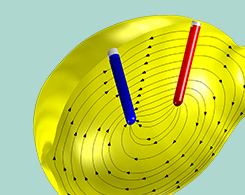
Approaching an Electrochemical Model from Scratch: Lemon Battery
The lemon battery: A high school chemistry experiment, and a great example when learning the general process for how to set up electrochemistry and battery models from scratch.
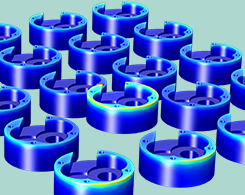
Optimizing the Electroplating Process for Multiple Components
From everyday kitchen utensils to iconic award show statuettes, rack plating is a useful manufacturing process that ensures components are electroplated both uniformly and efficiently.
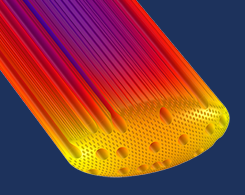
6 Ways Engineers Are Using Simulation to Help the Environment
Energy-efficient buildings and appliances. Safe nuclear waste storage. Well-preserved freshwater lakes. These are just a few examples of how simulation is being used to help the environment.
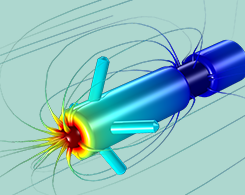
Modeling a Pacemaker Electrode in COMSOL Multiphysics®
What happens when the heart doesn’t pump the way it should? Pacemakers maintain the heart rate by monitoring natural electrical signals. Pacemaker electrodes are a key part of these devices.
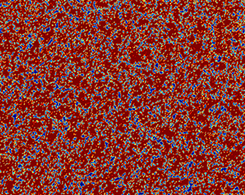
Material Characterization by Means of Simulation
Carbon-based materials, such as synthetic specialty graphites, are found in many industries, including solar, semiconductor, car manufacturing, ceramics, and metallurgy.
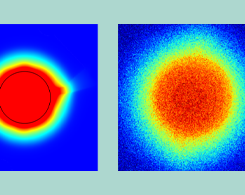
Developing a Silicon MEMS Chip for On-Demand DNA Synthesis
The development of genome editing tools like CRISPR-Cas9 has increased the demand for DNA synthesis technology. Researchers are creating a DNA synthesis platform to broaden horizons in the field.
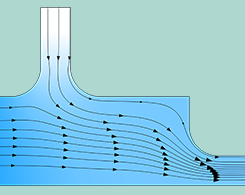
How to Simulate Control Systems Using the PID Controller Add-In
A PID controller can be used in a variety of industries. This blog post demonstrates how a PID controller add-in can be easily incorporated in two simulation examples.
